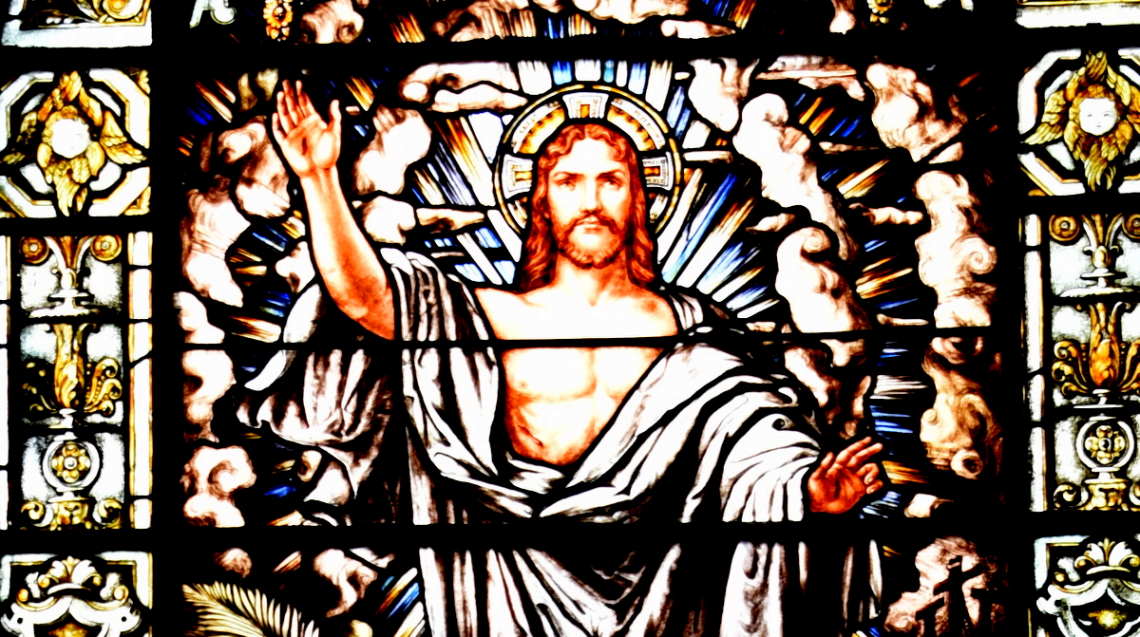The Nicene Creed - Part 10

Resurrection and new creation
“I look forward to the resurrection of the dead, and the life of the world to come.”
This final line of the Creed sums up our faith in a life that continues beyond our physical death. It’s not quite what many people would expect. It focuses not on the immortality of the soul but on the resurrection of the dead.
This is not how the popular imagination views the hereafter. People normally envision a narrative where someone dies, that person’s soul leaves the body, is judged, and then ends up in heaven (either directly or after a time of purification called purgatory) or in hell. There is a great deal of truth in this narrative. However, it leaves out the resurrection of the dead as though it were an afterthought. In the creed, and in our Catholic faith, it is the point of the story, the culmination of God’s work of creation.
To get a fuller grasp of this, let us take a glance at the history of salvation. We learn that God created the universe and pronounced all of creation good. This was how God intended the universe to be. Through human sin, evil enters the universe and distorts it. Evil distorts how people relate to each other, how they relate to the world around them, and damages the universe itself.
We see that our ancestors in faith, the Israelites, believed that God was both merciful and just. God heals through mercy and saves through justice. Justice is how God sets things right. The people of Israel witnessed God acting mercifully and with justice on many occasions. Yet, they saw that some people who were treated unjustly never had justice rendered to them. If God is a God of mercy and justice, and if God always does justice for all who trust in Him, then where is this justice? If not in this life, it must happen beyond this life. Thus was Israel led to see and believe that if God is a God of justice, this justice must happen beyond this life.
The same can be said about the entire world. Evil has somehow contaminated God’s whole creation. Human beings are not capable of restoring it. God must restore it someday, or the entire work of creation would end up a failure.
How would all this come about?
We turn to the story of Jesus. In Jesus, the Word of God is united to a human nature. We see true God and true man. Jesus recapitulates in Himself the story of Israel and the story of the whole of creation. Jesus remains faithful to the end and, yet, still is condemned to a horrible death. It is a terrible moment of injustice. And yet, it happened. Jesus was not saved from suffering and death at the last moment. How could God the Father let this happen?
Our faith answers the question. Jesus was raised from the dead on the third day. He appears to His disciples on a number of occasions. What they see is not merely a soul, nor is it a physical body resuscitated but a risen, transformed, spiritual body united to a soul. They see a body that still bears the scars of all the wounds Jesus suffered. They see, in the Risen Jesus, the first fruits of a new creation. They see their own ultimate destiny in the Risen Lord.
The resurrection is not only for people. St. Paul tells us that the whole of creation groans as it awaits the revelation of the children of God. (Paul means the resurrection.) The resurrection of the dead, then, is not only for human beings. All that is truly good in all of creation will be gathered up along with all those people from all times who have been faithful to God. All of creation will be purified and redeemed. The mercy and justice of God demand no less. All of creation must be made good, as God intends it to be. This, God will do in the resurrection.
We see this symbolized in the vision of the New Jerusalem at the end of the Book of Revelation. God gives a restored creation. In this new city, people live in harmony with one another and with the natural world. It is Eden as Eden was meant to be.
When will this happen? There’s no space to get into this, but I will mention one thing. Once we die, our experience of time and space will be very different from what it was in this life. For people in this world, it may feel like ages. For those who have died, it may seem like a very short time indeed to the New Jerusalem!
Further Reading: Catechism of the Catholic Church, nn. 988-1060, and Gerhard Lohfink, Is This All There Is?










